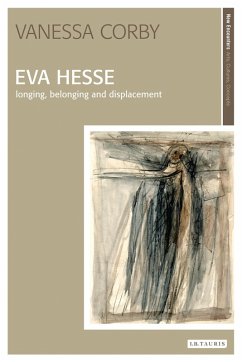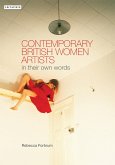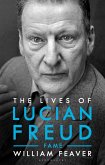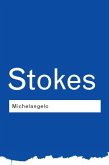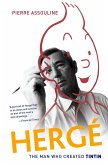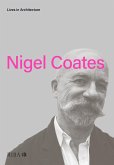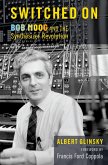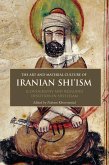Here is an important new examination of the work of American German Jewish artist Eva Hesse, one of the most significant figures in twentieth century art. Using exciting new feminist approaches and taking as her starting point two key works, Corby reveals the way in which Hesse has been constructed as a 'woman artist' and explores the overlooked legacy of the Holocaust and refugee life in her art practice. Considering creativity and the feminine, trauma and historiography, and providing a reassessment of Hesse's relationship with her mother and its impact on her work, the book also confirms the importance of drawing practice within Hesse's wider oeuvre.
Bitte wählen Sie Ihr Anliegen aus.
Rechnungen
Retourenschein anfordern
Bestellstatus
Storno

